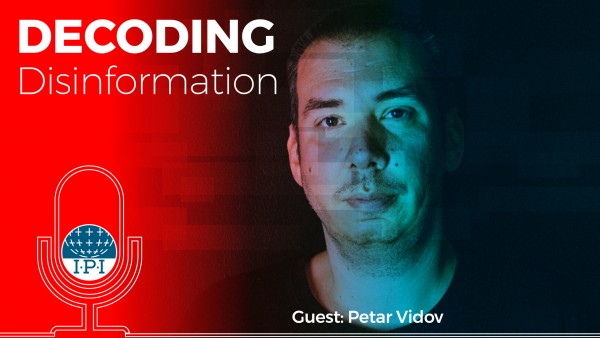The members of the International Press Institute (IPI), meeting at their 61st Annual General Assembly during the IPI World Congress from 23 to 26 June, 2012 in Port of Spain, Trinidad and Tobago,
Note that media outlets across the wider Caribbean may be subjected to a panoply of repressive measures, from jailing and persecution to the widespread scourge of ‘insult laws’ and criminal defamation, which are sometimes used by the powerful to prevent critical appraisal of their actions and to deprive the public of information about misdeeds,
State their conviction that the Caribbean urgently needs a strong, free and independent media to act as a watchdog over public institutions,
Consider that media freedom remains a key to the establishment of good governance and durable economic, political, social and cultural development, prosperity and peace in the Caribbean, and to the fight against corruption, poverty, violent crime and disease,
Reaffirm their commitment to media freedom as a basic human right as well as an indispensable part of democracy in every country, including those in the Caribbean,
Note that Article 19 of the Universal Declaration of Human Rights guarantees freedom of expression as a fundamental right, and emphasise that freedom of opinion and expression are essential to the realization of other rights set forth in international human rights instruments,
Observe that the struggle to attain full media freedom continues in the Caribbean, and that journalists in some countries face the threat of murder, imprisonment, torture, censorship, publication bans and threats to their employment,
Recognise that these crude forms of repression are bolstered by the practice of deliberately excluding certain media from the placement of state advertising, by the burden of high import taxes on equipment and materials such as newsprint, by failure to pass and implement a Freedom of Information (FoI) Act by most countries, by putting undue political and financial pressure on media that invokes self censorship, and by the unfair effect on competition caused by state-owned media,
Identify the continued implementation of ‘insult laws’ – which outlaw criticism of politicians and those in authority and have as their motive the “locking up of information” – and criminal defamation legislation as a prime threat to media freedom in the Caribbean,
Declare that Caribbean states must respect their commitments pursuant to Caribbean and international instruments guaranteeing the freedom, independence and safety of the media,
Call on Caribbean governments as a matter of urgency to abolish ‘insult laws’ and criminal defamation legislation and common law criminal defamation rules, as well as review civil defamation laws and all other laws that restrict media freedom,
Urge Caribbean governments that have jailed journalists for their professional activities to free them immediately and to allow the return of journalists previously forced into exile,
Call on Caribbean states to promote the highest standards of media freedom in furtherance of the principles proclaimed in Article 19 of the Universal Declaration of Human Rights and international instruments, and to provide effective constitutional guarantees of freedom of the media,
Urge Caribbean media proprietors and professionals to promote and actively implement measures to ensure high editorial standards and to uphold ethical journalism,
Call on inter-governmental organisations to promote progress in media freedom in the Caribbean in the next decade by, among other steps, assisting media in the areas of legal defence, skills development and access to capital and equipment,
Welcome moves towards a global fund for Caribbean media development and recommend that such an initiative make media legal reform a priority, in particular the abolition of ‘insult laws’ and criminal defamation legislation,
Commit IPI to expanding its existing activities in regard to media freedom and development in the Caribbean in the coming decade.
***
IPI makes this declaration from Port of Spain, Trinidad and Tobago, as an earnest appeal to all peoples of the wider Caribbean to recognise that the social progress they seek can only be achieved in a climate where the media is free and independent of governmental, political or economic control.
This Declaration was endorsed by:
Association of Caribbean MediaWorkers (ACM)
Barbados Association of Journalists
Guyana Press Association
Media Workers Association of Grenada
Press Association of Jamaica
Antigua and Barbuda Media Congress
Media Workers Association of St Kitts and Nevis
Association of Surinamese Journalists
Media Association of Saint Lucia
ACM Focal Point, St Vincent and the Grenadines



